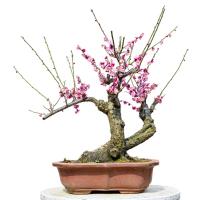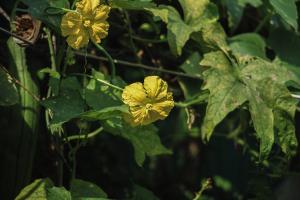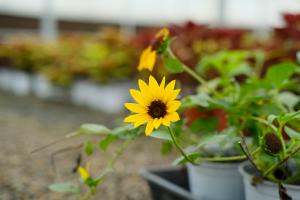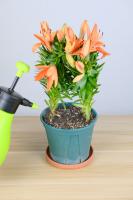Is Dill a Good Companion Plant?
Dill, also known as Anethum graveolens, is a popular herb that's commonly used in cooking. Aside from its culinary uses, dill is also known to have medicinal properties and is believed to have a range of health benefits. But when it comes to gardening, many people wonder whether dill is a good companion plant. In this article, we'll take a closer look at dill's characteristics and examine whether it's useful as a companion plant for other species.
What Is a Companion Plant?
A companion plant is a plant that is grown alongside another plant to provide some kind of benefit. These benefits can include pest control, improvement of soil health, and increased yields. Companion planting is an ancient practice that has been used for centuries to improve the quality of crops and maintain the health of gardens.
The Benefits of Dill as a Companion Plant
Dill is a versatile herb that can provide a range of benefits as a companion plant. Firstly, it attracts beneficial insects, such as ladybugs and lacewings, which feed on harmful pests like aphids and spider mites. This can help to naturally control pest populations and reduce the need for pesticides.
Moreover, dill is believed to have allelopathic effects. This means that it releases chemicals into the soil that can inhibit the growth of competing plants. This can be useful when planting vegetables like cucumbers and lettuce, which can be susceptible to weed competition.
Finally, dill is a great herb for interplanting with other herbs and vegetables. Its fine, feathery leaves provide a nice contrast to the broad leaves of other plants, and it can help to attract pollinators to the garden.
Companion Plants for Dill
While dill makes a great companion plant for many other species, it also benefits from having companion plants in its vicinity. Carrots and onions are two vegetables that are often planted alongside dill, as they provide a good contrast in terms of texture and color. Moreover, they are believed to help deter pests and attract beneficial insects to the garden.
Borage is another plant that makes a great companion for dill. This annual herb is known for its blue flowers, which are irresistible to pollinators like bees and butterflies. The two herbs also have similar growth habits and can be grown together in the same bed.
Conclusion
So, is dill a good companion plant? The answer is a resounding yes! This versatile herb provides a range of benefits to the garden, from pest control to soil health, and is a great addition to any garden bed. Whether you're growing dill alongside other vegetables, or interplanting it with other herbs, you're sure to appreciate the many benefits that this herb has to offer.

 how many times do yo...
how many times do yo... how many planted tre...
how many planted tre... how many pine trees ...
how many pine trees ... how many pecan trees...
how many pecan trees... how many plants comp...
how many plants comp... how many plants can ...
how many plants can ... how many plants and ...
how many plants and ... how many pepper plan...
how many pepper plan...






























